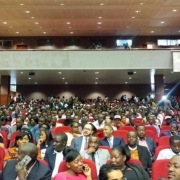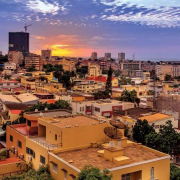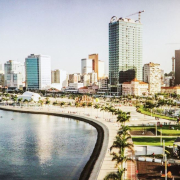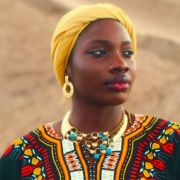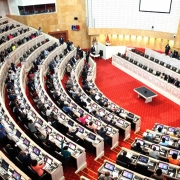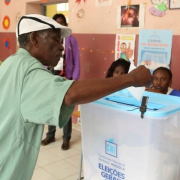IV International Congress on Angolan Studies
June 18, 2025
Biblioteca Nacional de Lisboa

The IV International Congress on Angolan Studies was an academic success with more than 30 papers presented by scholars from Angola and around the world. It is a unique event in this field, bringing together a diverse group of people who conduct scientific research on Angola.
The papers were extremely varied and stimulating, ranging from constitutional and development issues to the use of TikTok in Angolan national languages. This diversity of topics and approaches should be understood as a contribution to the free competition of ideas, which is the genesis of a country’s development.
The IV International Congress of Angolan Studies is a vital space for promoting the plurality of ideas and respectful coexistence between diverse perspectives.
In a world where public debate is so often threatened by polarization and conflict, meetings such as this reinforce the importance of listening, dialoguing, and learning. The Congress creates an environment where the exchange of knowledge should take place based on empathy and reason, valuing critical thinking and rejecting any form of verbal abuse or coercion.
The opportunity to discuss relevant issues about Angola’s history, culture, and future in an environment free from intimidation encourages the construction of a more just and democratic society. Here, knowledge is not imposed, it is shared; and it is precisely this sharing that fuels collective progress.
The competition of different ideas—not the dominance of a single voice—is the engine of progress. The imposition of single directives and the attempt to standardize thoughts only produces stagnation and resentment.
The Congress, on the contrary, encourages the coexistence of differences and fosters the creation of consensus through understanding, not force.
In this context, the IV Congress of Angolan Studies is not just an academic event, but a symbolic political and cultural gesture: it demonstrates that the Angola of the future will be built with more listening, more reflection, and more diversity. Cultivating the art of peaceful dialogue is, after all, an investment in the very future of the country.








